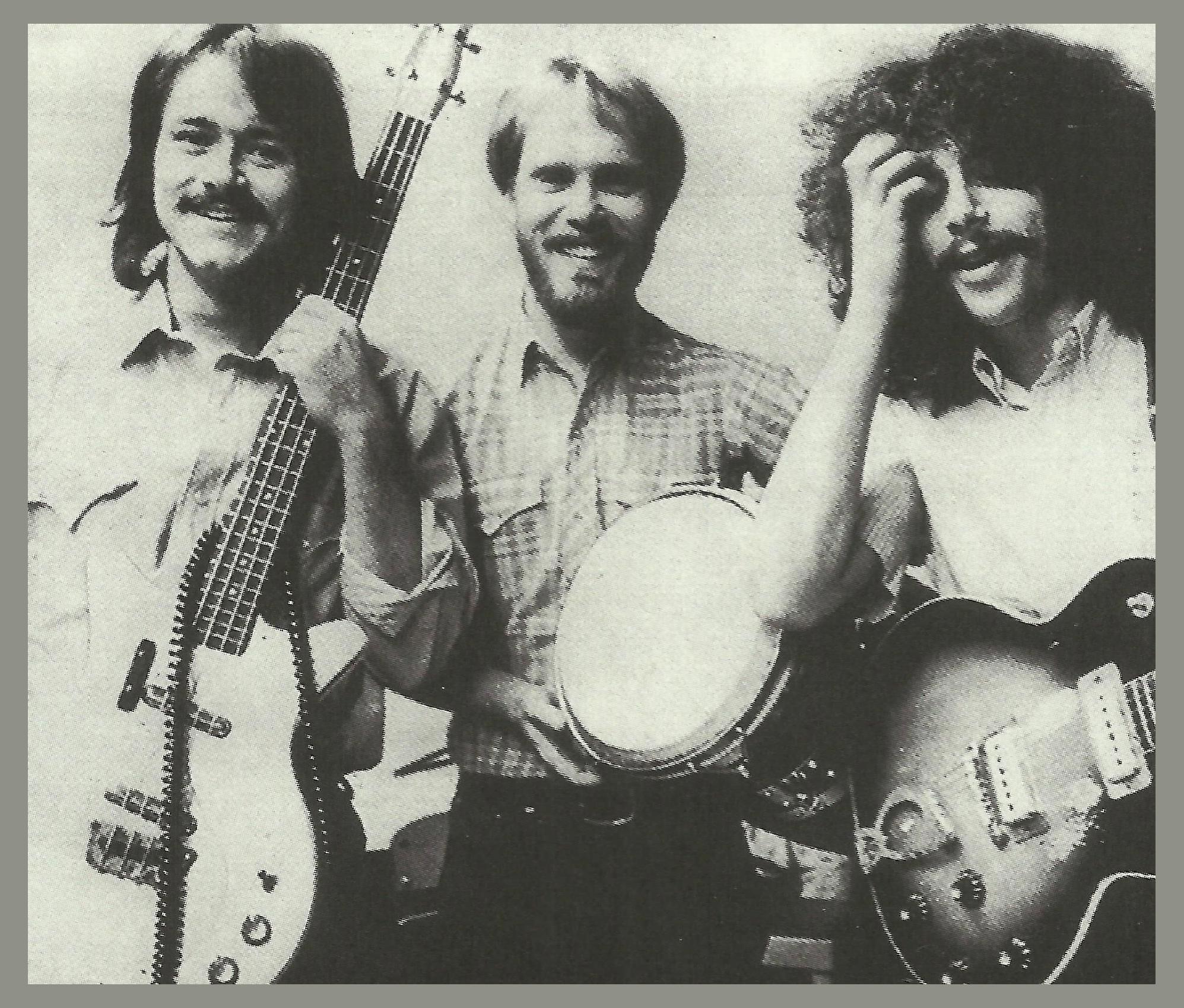 The Youngbloods
The Youngbloods
The Youngbloods: A Journey of Unity and Connection
In the tapestry of folk music, the threads of The Youngbloods weave a vibrant and enduring legacy. Emerging from the counterculture movement of the 1960s, the band's music became an anthem for unity, peace, and social change.
Origins and Formation
Born in the heart of Greenwich Village, New York City, The Youngbloods were founded in 1965 by three kindred spirits: Jesse Colin Young, Lowell "Banana" Levinger, and Dickie Peterson. United by a shared passion for folk, blues, and rock, they began performing in coffeehouses and clubs.
Breakthrough and Iconic Song
In 1967, The Youngbloods released their debut album, "The Youngbloods," which included the iconic song "Get Together." With its soulful vocals and uplifting message, the song became a global anthem for peace and unity. It reached the top 10 on the Billboard charts and remains a timeless classic.
Discography and Accolades
Throughout their career, The Youngbloods released a series of critically acclaimed albums, including "Earth Music" (1967), "Elephant Mountain" (1969), and "Ride the Wind" (1971). Their music earned them numerous accolades, including a Grammy Award in 1969 for "Best Vocal Group Performance."
Challenges and Controversies
Despite their success, The Youngbloods faced challenges along the way. Drug use and creative differences strained the band's relationships, leading to lineup changes and temporary breakups. However, they remained committed to their message of unity and social consciousness.
Members
Over the years, The Youngbloods lineup evolved, with several talented musicians contributing to their sound. Key members included:
* Jesse Colin Young: Lead vocalist, guitarist, and songwriter
* Lowell "Banana" Levinger: Harmonica player, vocalist, and songwriter
* Dickie Peterson: Bassist, vocalist, and songwriter
* Joe Bauer: Drummer and vocalist
Legacy and Impact
The Youngbloods' music continues to inspire and connect generations. Their message of unity and peace has resonated with countless listeners, particularly during times of social and political unrest. Their songs have been covered by numerous artists, including Neil Young, Richie Havens, and Joan Baez.
Conclusion
The Youngbloods emerged from the counterculture movement as a beacon of unity and social change. Through their timeless music, they celebrated diversity, promoted peace, and inspired listeners to embrace the power of human connection. Their legacy as pioneers of folk-rock and advocates for social justice continues to resonate today.
In the tapestry of folk music, the threads of The Youngbloods weave a vibrant and enduring legacy. Emerging from the counterculture movement of the 1960s, the band's music became an anthem for unity, peace, and social change.
Origins and Formation
Born in the heart of Greenwich Village, New York City, The Youngbloods were founded in 1965 by three kindred spirits: Jesse Colin Young, Lowell "Banana" Levinger, and Dickie Peterson. United by a shared passion for folk, blues, and rock, they began performing in coffeehouses and clubs.
Breakthrough and Iconic Song
In 1967, The Youngbloods released their debut album, "The Youngbloods," which included the iconic song "Get Together." With its soulful vocals and uplifting message, the song became a global anthem for peace and unity. It reached the top 10 on the Billboard charts and remains a timeless classic.
Discography and Accolades
Throughout their career, The Youngbloods released a series of critically acclaimed albums, including "Earth Music" (1967), "Elephant Mountain" (1969), and "Ride the Wind" (1971). Their music earned them numerous accolades, including a Grammy Award in 1969 for "Best Vocal Group Performance."
Challenges and Controversies
Despite their success, The Youngbloods faced challenges along the way. Drug use and creative differences strained the band's relationships, leading to lineup changes and temporary breakups. However, they remained committed to their message of unity and social consciousness.
Members
Over the years, The Youngbloods lineup evolved, with several talented musicians contributing to their sound. Key members included:
* Jesse Colin Young: Lead vocalist, guitarist, and songwriter
* Lowell "Banana" Levinger: Harmonica player, vocalist, and songwriter
* Dickie Peterson: Bassist, vocalist, and songwriter
* Joe Bauer: Drummer and vocalist
Legacy and Impact
The Youngbloods' music continues to inspire and connect generations. Their message of unity and peace has resonated with countless listeners, particularly during times of social and political unrest. Their songs have been covered by numerous artists, including Neil Young, Richie Havens, and Joan Baez.
Conclusion
The Youngbloods emerged from the counterculture movement as a beacon of unity and social change. Through their timeless music, they celebrated diversity, promoted peace, and inspired listeners to embrace the power of human connection. Their legacy as pioneers of folk-rock and advocates for social justice continues to resonate today.